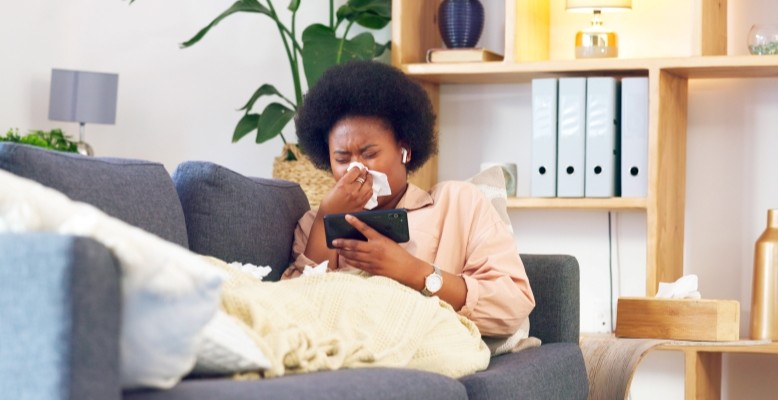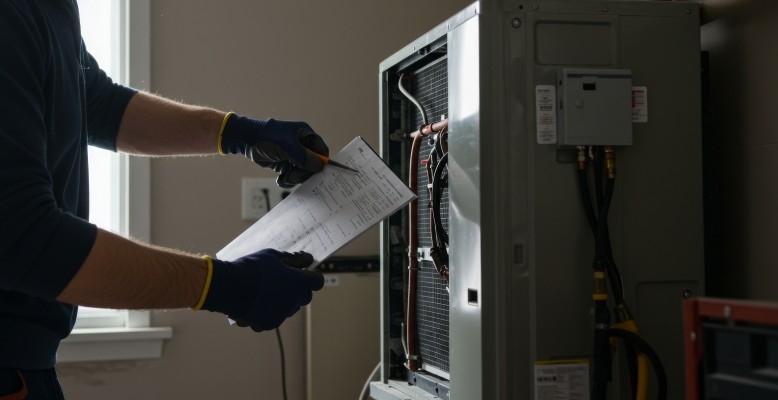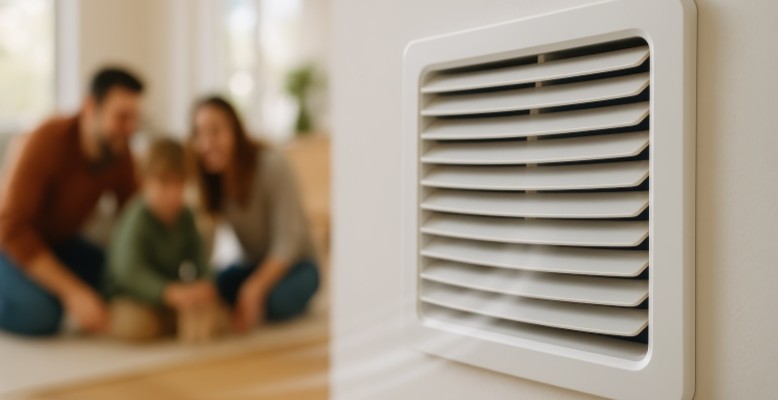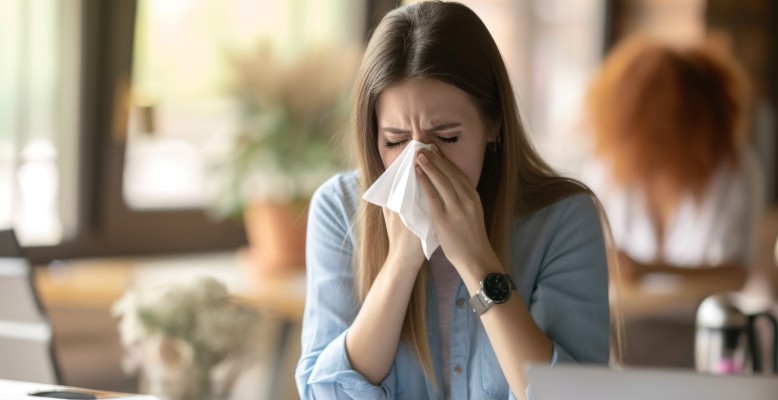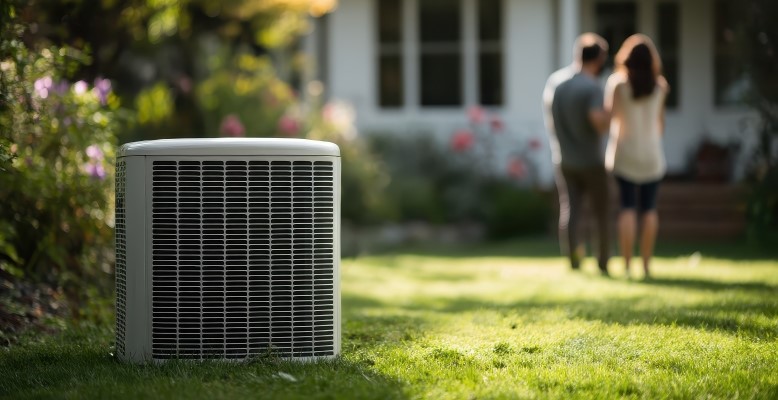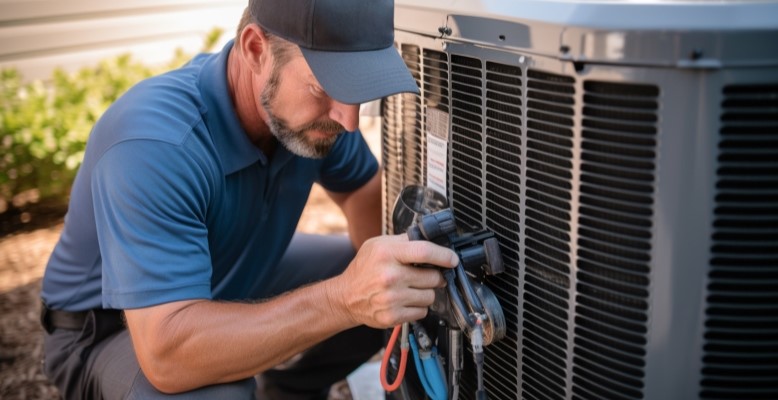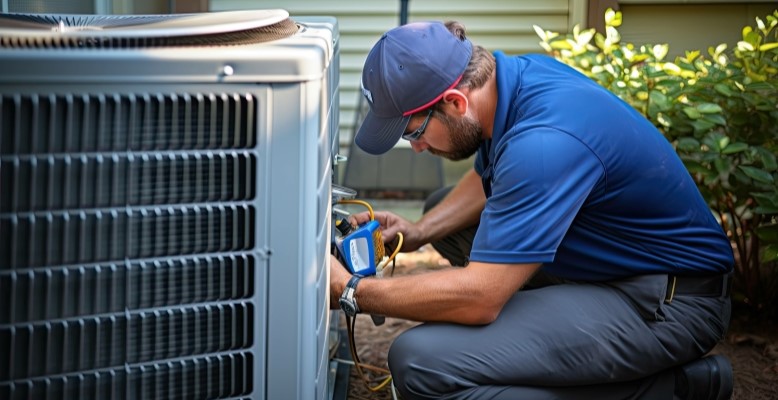Published on July 16, 2025 by: alhhvac
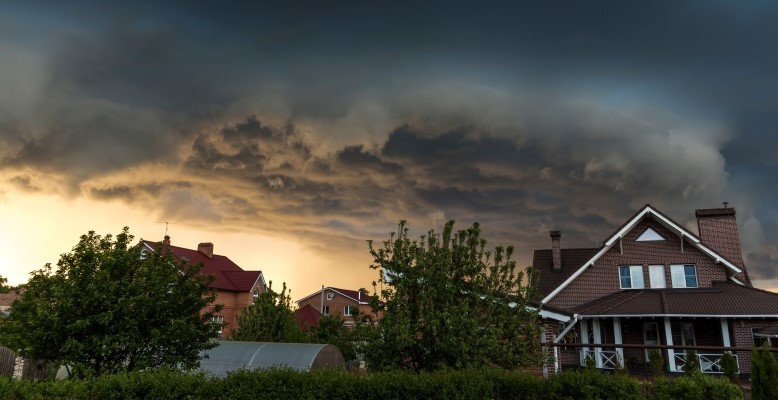
Protecting Your Air Conditioning and Heating Units From Hurricanes
Hurricanes are becoming increasingly turbulent. The BBC reports that it is “likely” a higher proportion of tropical cyclones across the globe are reaching category three or above — meaning greater wind speeds and more damage. With more excessive damage, property-owners need to take further steps to protect vulnerable parts of their home.
One such vulnerable area is HVAC systems. Read on to learn why HVAC systems are at particular risk of hurricane damage, how you can protect your system, and the steps to take for recovery and repair following a storm.
Can Hurricanes Damage HVAC Units?
Yes, hurricanes can damage HVAC units — from immediate harm to long-term impairments. Both indoor and outdoor HVAC units are susceptible to damage. Here are just a few of the ways hurricanes can spell major issues for your HVAC systems.
Hurricane Wind Damage
According to Live Science, hurricanes can reach wind speeds of over 190mph; even winds a fraction of that speed can cause major trouble for outdoor HVAC units. Powerful winds can bowl over outdoor units, exposing vulnerable components or breaking them all together. Units may even be swept off of roofs or out of the ground by severe winds — leading to both damaged units and damaged property.
Impact From Debris
With strong winds come powerful debris, another major source of harm for HVAC systems during hurricanes. Tree branches, rocks, and other flying objects can damage elements of your condenser unit including fan blades, exterior housing, and coils. Damage from debris may be visible from the outside or entirely internal, with even seemingly undamaged systems sustaining major issues.
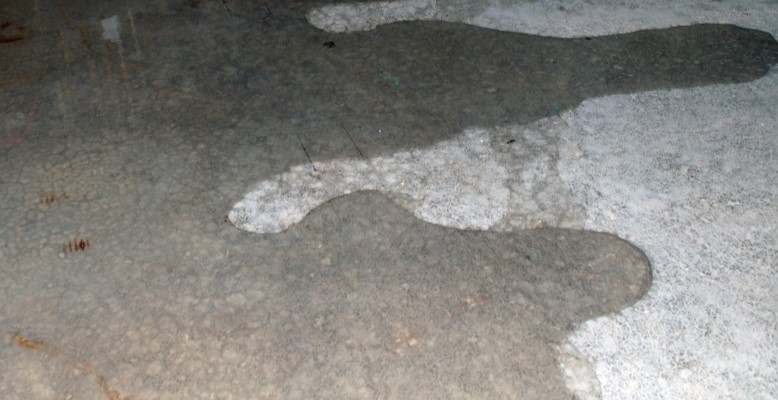
Water Damage & Mold
Flooding from hurricanes can cause significant problems for both indoor and outdoor portions of your HVAC systems. Wherever your unit is located, floodwater can infiltrate HVAC systems to cause malfunctioning air handlers, furnaces, ductwork, and more. Saltwater flooding can also cause severe corrosion to metal components of HVAC systems, leading to lower durability and increased chances of system failure.
Exposure to water and moisture can also lead to mold growth within your HVAC system. Mold not only impairs the function of an HVAC system — potentially causing malfunctions or failed components — but it also severely damages indoor air quality in your home. Reduced indoor air quality can cause severe health issues down the line, including congestion, wheezing, and even fever.
How To Prepare Your HVAC Unit for Hurricane Impact
Proper preparation can help minimize risks of hurricanes and keep your system intact through the storm. Let’s walk through a few essential steps to secure your HVAC unit before, during, and after a hurricane.
Power Off HVAC Systems
Turning off HVAC systems before hurricanes is the first step to preventing major damage to both your units and your home. From debris impact to water damage, nearly any harm caused by hurricanes to your HVAC unit can be exacerbated by leaving your system plugged in. HVAC systems still turned during hurricanes may excuse electrical smoke or cause power surges — potentially spurring additional damage to your property.
Secure Outdoor Units
Affixing outdoor HVAC units to the ground helps prevent the threat of wind sweeping away your unit, potentially damaging both your property and the unit itself. One common choice to secure units are HVAC hurricane straps. These metal latches screw into both the ground and your unit; while the exact installation process may change, suppliers will give the most detailed instructions about how to attach hurricane straps to HVAC units.
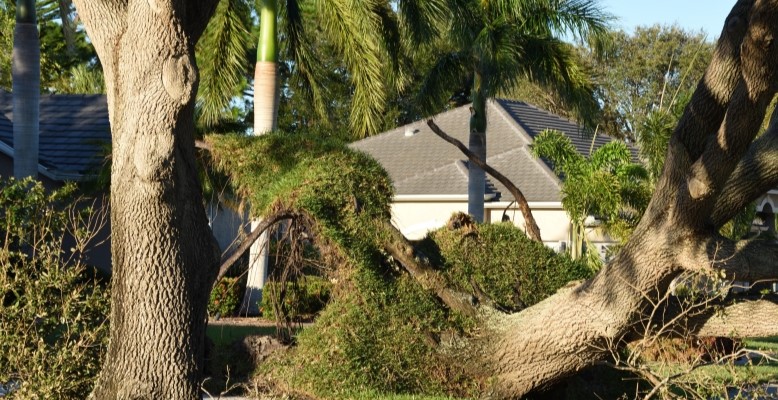
Trim Proximate Foliage
Surrounding trees and plants are some of the most common sources of debris during hurricanes. For the sake of both the entire home and HVAC systems, homeowners should make sure foliage around their property is hurricane-prepped. Trim down long, unstable branches, and make sure older, dying trees are pared or removed prior to serious storms.
Protect Units From Flooding
Both indoor and outdoor HVAC units are susceptible to the dangers of flooding, each requiring slightly different means of protection. For indoor units, simply elevating components from the ground may be enough; outdoor units should be both elevated and protected by a hurricane rain cover. Many companies also offer HVAC hurricane pads, specifically designed for storm protection with increased elevation and water resistance.
What Steps Can HVAC Owners Use to Mitigate Damage From Hurricanes?
Even with extensive efforts to protect HVAC units from storms, hurricanes can still cause significant damage to heating and air conditioning systems. Steps to recovering damage will vary from unit to unit; many brands, such as Bryant, offer extensive product warranties. Generally, property-owners can inspect the units themselves for major damage, minor damage, and mold; to determine the full extent of damages, however, you should consult an expert.
Andy Lewis Hobson is your trusted source of HVAC installation, maintenance, and repair in the Atlanta Metro Area. Our team are experts at inspecting both air conditioning and heating systems after hurricanes, determining exact causes of malfunction and offering great deals on repairs. Whether you need hurricane damage mitigation or new system installation, contact us today to handle comprehensive HVAC needs.

